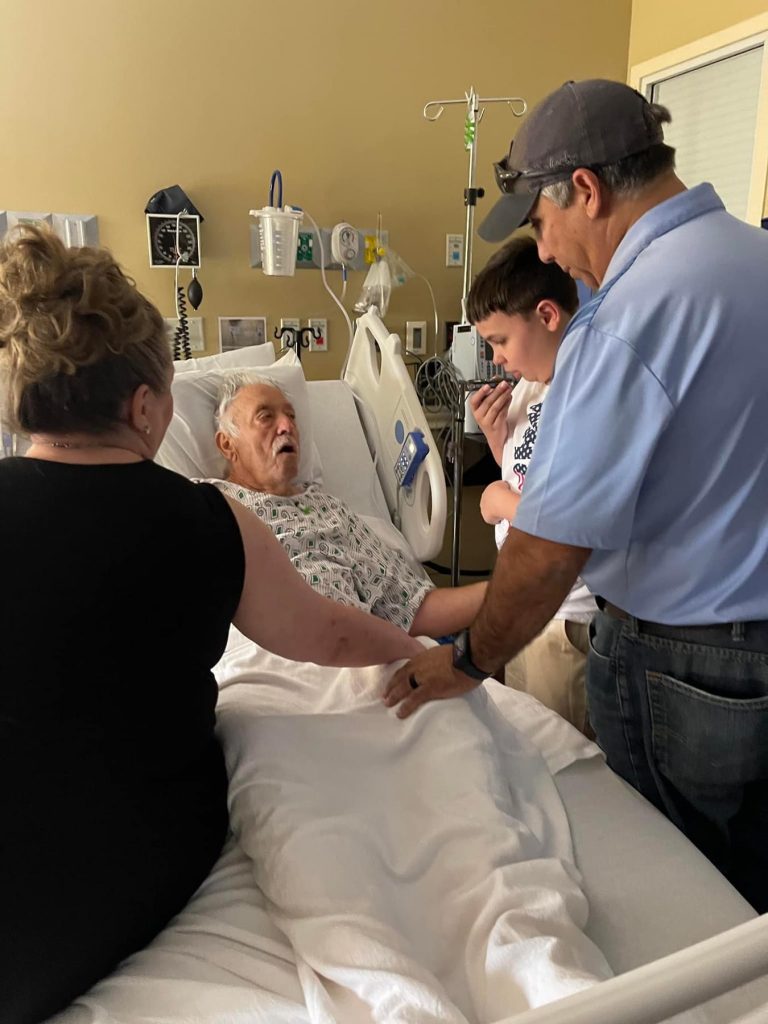
When I hear “end of life”, I think of the circumstances around the moment we die.
In the context of planning to die well “end of life”encompasses – days, weeks, perhaps months /years — preceding our death — a liminal space in which we have the opportunity to prepare for death. Commencing with an existential slap “End of life” begins with acceptance of our mortality, the sooner the better.
“existential slap” —that moment when a [dying] person first comprehends, on a gut level, that death is close. For many, the realization comes suddenly: “The usual habit of allowing thoughts of death to remain in the background is now impossible,” . “Death can no longer be denied.”1Nessa Coyle, a nurse and palliative-care pioneer,wrote
My “existential slap” occurred there years ago.

All of us project ahead a trajectory of our life. That is, we anticipate a certain life span within which we arrange our activities and plan our lives. And then abruptly we may be confronted with a crisis … Whether by illness or accident, our potential trajectory is suddenly changed.”
The task of dying well:
“You have to live with awareness of dying, and at the same time balance it against staying engaged in life,” he says. “It’s being able to hold that duality—which we call double awareness—that we think is a fundamental task.”2Gary Rodin, a palliative-care specialist
Despite plans to assure intentions for our final days are fulfilled, there can/will be circumstances beyond our control. Death may come without warning, rendering plans moot. Any dying well plan is a contingency.
The best result for a dying well plan comes in circumstances were control is possible and decisions are made in accordance with expressed desires.
In a perfect world, our final days —end of life — would be laced with “…years of conversation about the need to prepare well for death – medically, communally, and spiritually.”
Because of our cultural aversion to death, engaging in meaningful conversations with family and loved ones may be the most challenging part of dying well.
Goals for Dying Well
Tim Keller’s article: “Growing My Faith in the Face of Death” should be required reading for every Christian.
In the excerpt below Keller conveys two goals of dying well. [my emphasis]
When the certainty of your mortality and death finally breaks through, is there a way to face it without debilitating fear? Is there a way to spend the time you have left growing into greater grace, love, and wisdom? I believe there is, but it requires both intellectual and emotional engagement: head and heart work. And so I set out to reexamine my convictions and to strengthen my faith, so that it might prove more than a match for death.
It is important to be prepared for death, very important; . . but if we start thinking about it only when we are terminally ill, our reflections will not give us the support we need.
-HENRI Nouwen’
STILL ON THE JOURNEY
- 1Nessa Coyle, a nurse and palliative-care pioneer,wrote
- 2Gary Rodin, a palliative-care specialist